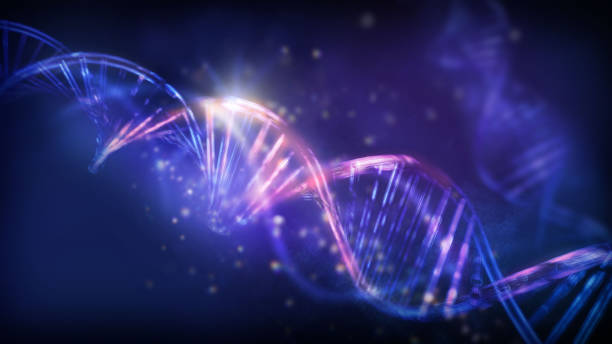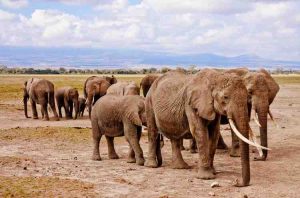
The story of identical twins separated at birth, such as the “two Jims”, James Springer and James Lewis, provides a fascinating glimpse into the complex interaction of nature and nurture in shaping who we are.
These twins exhibited uncanny similarities in their lives, from their choice in partners to their interests and habits. Such stories have led many to believe that our genes play a significant role in determining our traits and beliefs.
Research at the Minnesota Center for Twin and Family Research supports the idea that many traits are more than 50% inherited, including aspects like obedience to authority, vulnerability to stress, and risk-seeking behavior.
It has even been suggested that our choices in issues like religion and politics may be influenced by our genes to a greater extent than we realize.
However, while the influence of genetics on our lives is undeniable, it is not the only factor at play.
Studies conducted by Professor Tim Spector at King’s College London have shown that environment often has a greater impact on traits like IQ than genes. Factors like upbringing, education, and socio-economic background can significantly shape who we become.
The idea that our genes determine our beliefs and actions can be unsettling, as it seems to challenge the notion of free will.
If our choices are predetermined by our genetic code, do we truly have control over our decisions? This concern raises questions about personal responsibility and the foundation of our beliefs.
It is essential to understand that the concept of heritability, which measures how much of a trait’s variation within a population is due to genes, does not imply that traits are entirely determined by genetics.
Environmental factors also play a crucial role in shaping who we are. The stories of twins like Ann and Judy from Wales illustrate how different upbringings can lead to distinct life paths, despite sharing the same genes.
While our genes may provide a framework for our potential traits and behaviors, it is our life experiences that ultimately determine which of these traits are expressed. Our beliefs, values, and actions are influenced by a combination of inherited factors and environmental influences.
The interplay of nature and nurture shapes who we are, but it does not diminish our capacity for free will.
By accepting that our beliefs and commitments are shaped by forces beyond our control, we can gain a deeper understanding of ourselves and others. It allows us to question our assumptions and be more open-minded towards different perspectives.
While ultimate responsibility may be unattainable, partial freedom and the ability to make choices based on our values and beliefs are essential aspects of human agency. Embracing a more nuanced view of free will can lead to a more compassionate and understanding society.


